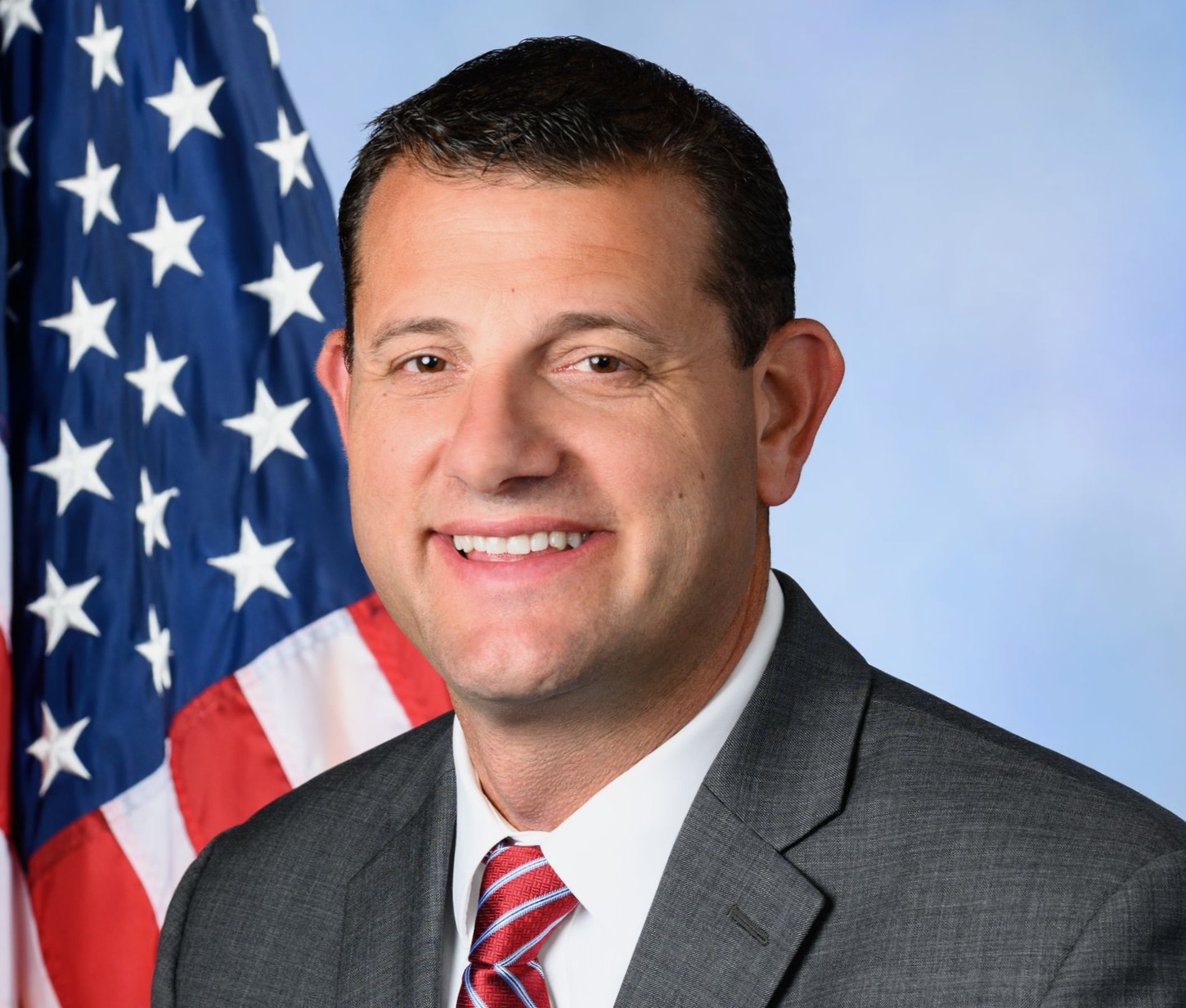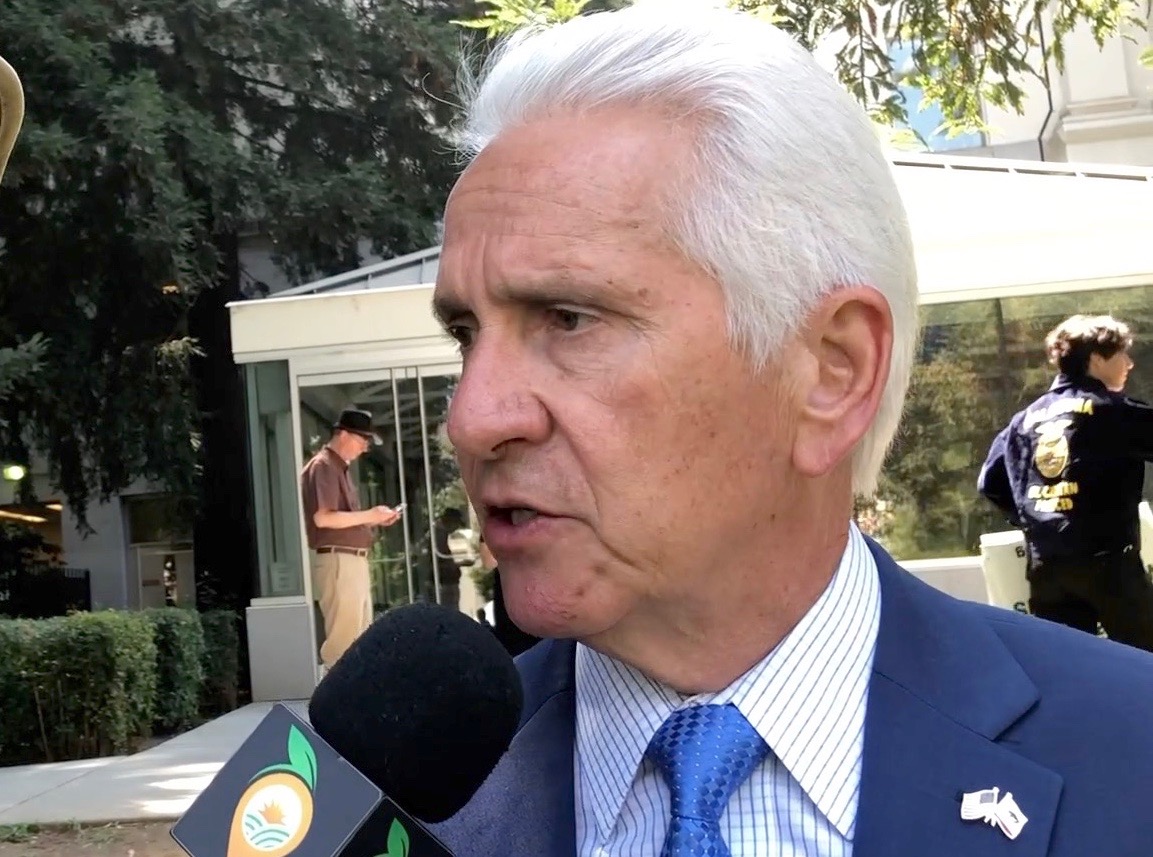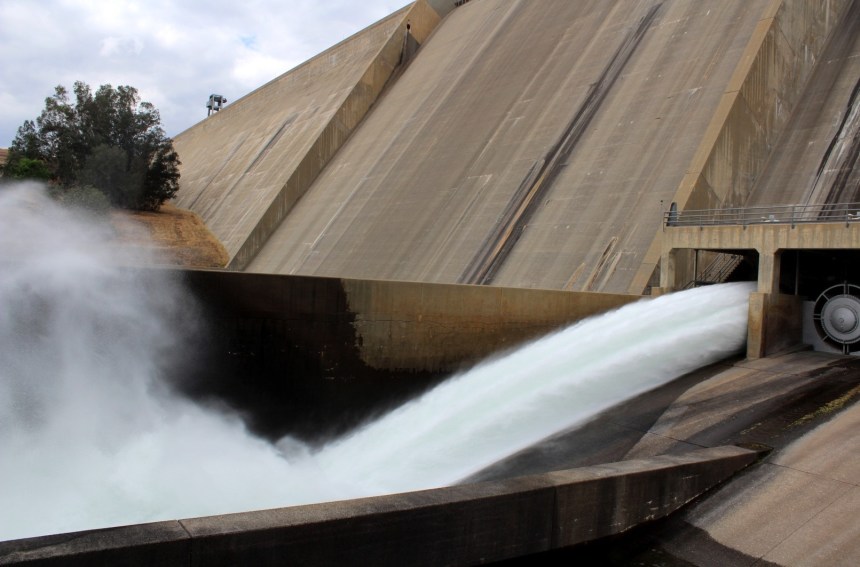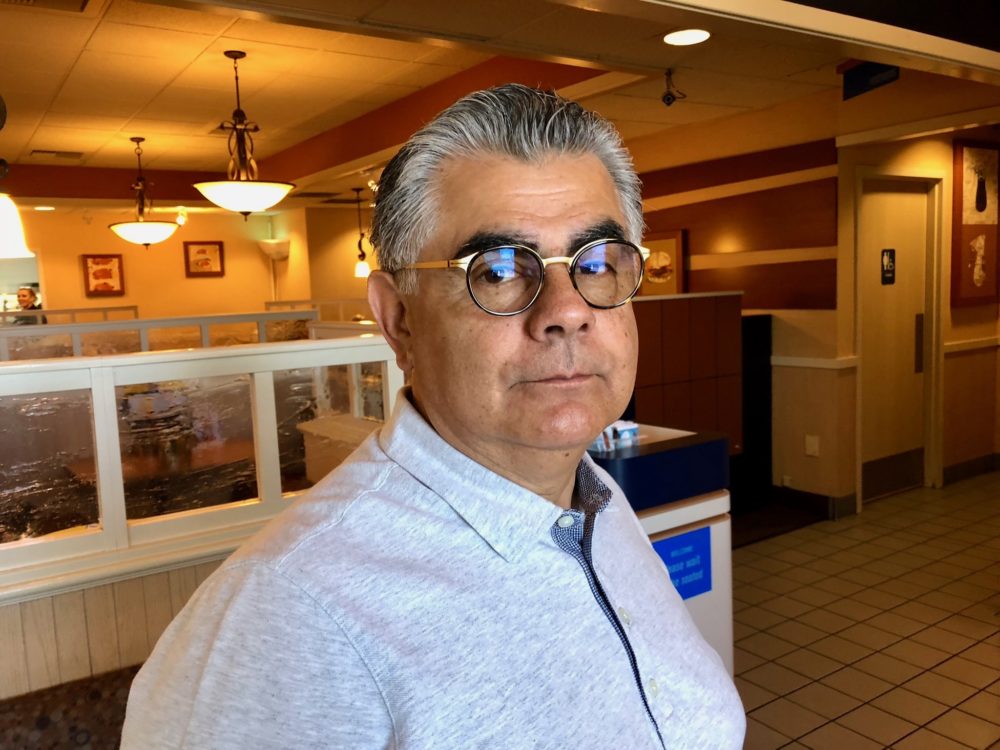California Farm Bureau Congratulates Speaker McCarthy
By Peter Hecht, California Farm Bureau
California Farm Bureau President Jamie Johansson applauds California’s Kevin McCarthy on his election as Speaker of the U.S. House of Representatives.
“As a former member of the House Agricultural Committee who hails from California’s vital Kern County farming region, Speaker McCarthy has long been an advocate for farmers and ranchers in the Golden State,” Johansson said. “He understands the importance of the nation’s leading agricultural economy and its bounty of ‘California-Grown’ products, which feed America and the world beyond. We look forward to partnering with Speaker McCarthy on key issues to help California farmers, ranchers and agricultural businesses prosper for generations to come.”






















